Is the Human Rights Council becoming a mini-Security Council?

As the UN Security Council faces one deadlock after another, UN member states are increasingly turning to the Geneva-based body responsible for upholding human rights around the world to push through motions that would otherwise fail in New York.
In early April, a Human Rights Council resolution called on the international community to cease “the sale and transfer of arms and munitions” to Israel, referring to the “plausible risk of genocide in Gaza”. This tough language would be unimaginable in the UN Security Council, where the United States, Tel Aviv’s close ally, has veto power.
And it is not an isolated event. It is increasingly common for motions that would stand no chance against the vetoes of the major powers in New York (China, the US, France, the UK and Russia) to be discussed in Geneva, where the UN body responsible for ensuring respect for human rights around the world is based.
“There is an increasing tendency for the Human Rights Council to take over functions that would otherwise be performed by the Security Council,” confirms Felix Kirchmeier, executive director of the Human Rights Platform at the Geneva Academy.
No veto, more members
So even though only the Security Council can impose sanctions, order a military intervention or refer a case to the International Criminal Court, it is not uncommon to see representatives of member states at the Human Rights Council encroaching on the “peace and security” affairs of their colleagues in New York. For example, by calling for a ceasefire or opening investigations into war crimes.
This is because no single country has a veto in this body. With 47 members, compared with 15 at the Security Council, including five permanent members, it is also more representative of the international community. And although its decisions are not legally binding, they do carry moral weight.
The growing importance of this body can be seen from the agenda of its three annual sessions, which keep getting longer and longer. This spring, diplomats spent a record six weeks negotiating at the Palais des Nations. This is due to the increasing number of resolutions adopted, which themselves require a follow-up.
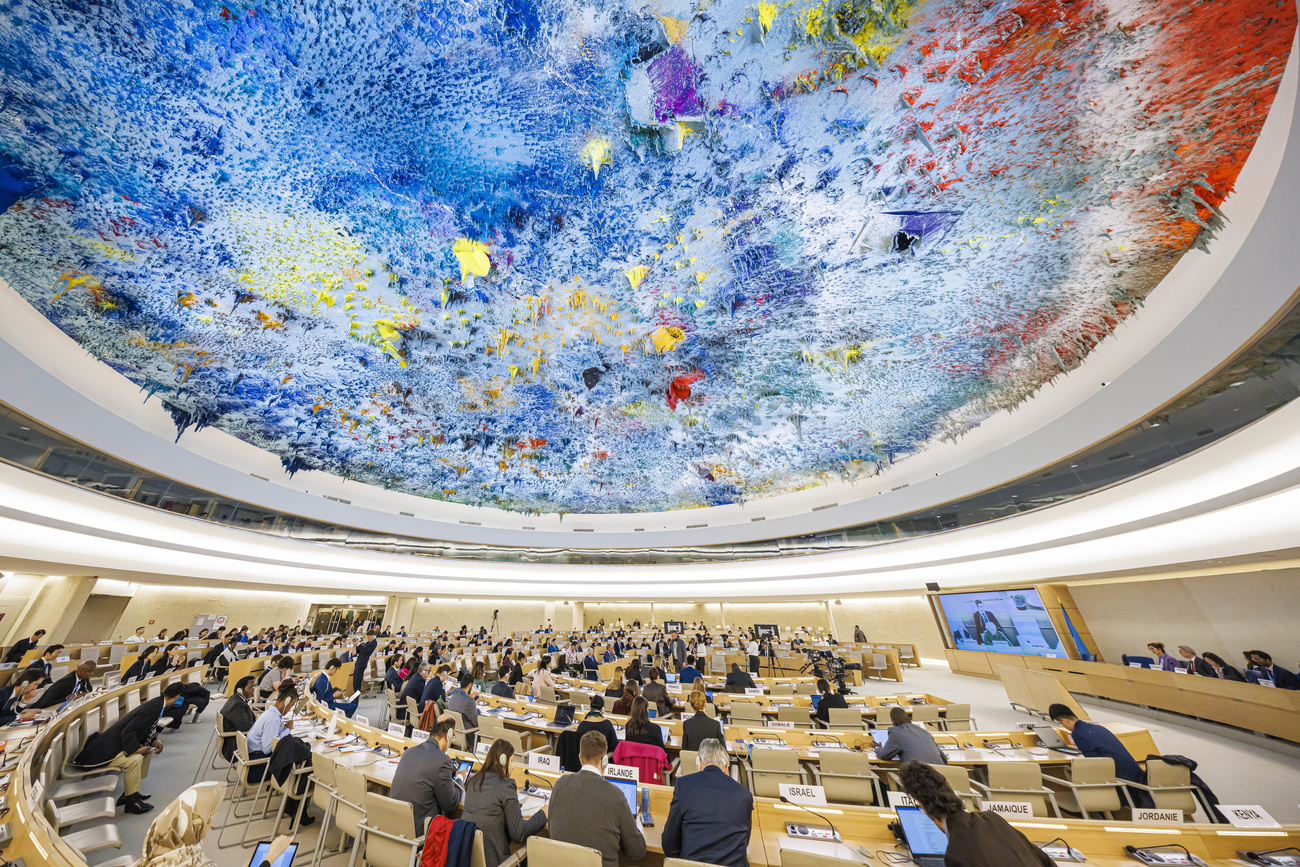
Growing awareness
“I wouldn’t say the Security Council has been replaced, but I think there is a growing awareness that other parts of the UN have been underutilised,” says Louis Charbonneau, UN director at Human Rights Watch, an international NGO in New York. “The Human Rights Council gives us some options; if we want a commission of inquiry – that can possibly gather criminal evidence – we don’t need the Security Council to do it.”
Since its creation in 2006, the Human Rights Council has set up 38 investigative mechanisms. These are made up of independent experts tasked with investigating atrocities committed, for example, in the wars in Ukraine, Syria and Myanmar – conflicts that have caused deadlocks in the Security Council.
“The work of the investigators may have little immediate impact on the ground, but it paves the way for future legal proceedings once weapons fall silent,” explains Kirchmeier. “This is a very important role for the Human Rights Council, which is able to establish accountability even when the Security Council is blocked.”
For example, the information gathered by the Commission of Inquiry on Syria was used by the German judiciary in a historic trial in Koblenz, where, for the first time, two former officers of the Syrian regime were convicted, one of them of crimes against humanity.
More prevention
While he welcomes the the Human Rights Council’s efforts to ensure accountability, Marc Limon, executive director of Universal Rights Group, a Geneva-based thinktank, argues that the Council should be more active in terms of prevention during the early stages of a crisis.
“There are many situations that are far too serious and far too advanced for the Council to do anything about them. These should be brought to the attention of the Security Council, but unfortunately the opposite happens. Conflicts can’t be addressed in New York because of the veto, so Western powers bring them to Geneva to show the UN is ‘doing something’,” he says.
According to him, rather than only meeting for “special sessions” on conflicts, the Geneva body should sound the alarm and initiate a dialogue when there are warning signs of a looming crisis. When it escalates, for example into violent conflict, then the Human Rights Council should urge the Security Council to act, Limon adds.

Polarisation of debates
The Human Rights Council allows for breakthroughs that would be unthinkable at the Security Council, such as targeting a permanent member of the latter. It did so for the first time in 2022, when it appointed a special rapporteur on Russia.
But importing existing tensions from New York to Geneva has had an impact on the debates there, which have sometimes been very heated. “Polarisation and tensions within the Council have probably never been so high,” observes Kirchmeier.
This has been exacerbated by the recent wars in Ukraine and Gaza. States have had to choose sides and positions have hardened, says the researcher. According to him, the deteriorating debate around conflicts has made it more difficult to reach consensus on other issues, as trust between delegations has been eroded.
Normally, the Council decides by consensus, meaning in the absence of a contrary will, resolutions are adopted without a vote. But the increasing use of investigative mechanisms – set up against the will of the countries concerned – invariably provokes opposition. So in 2021, for the first time in its history, the Council rejected a resolution aimed at renewing an investigation into Yemen.
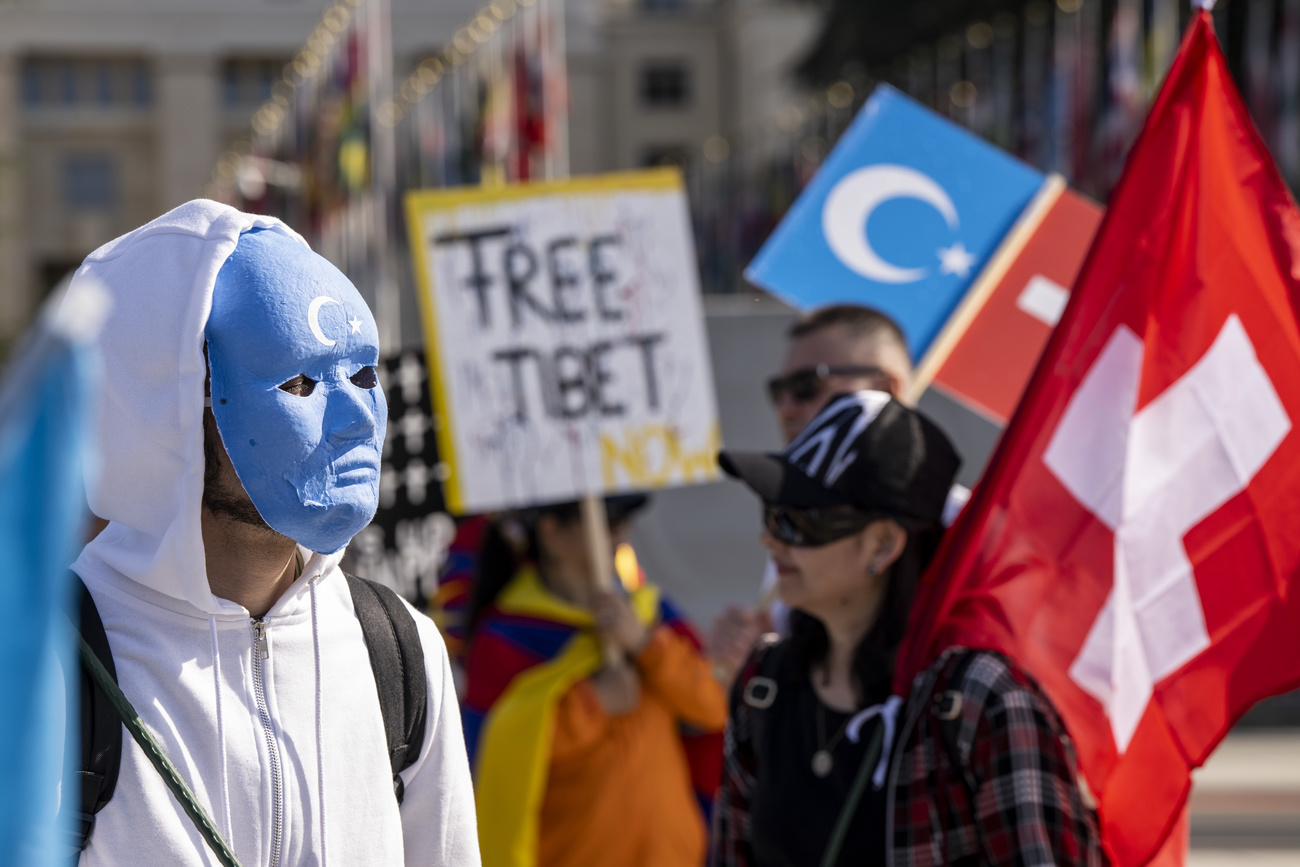
More
Human Rights Council vote on China reflects shift in power
A battle that moves back to New York
Tensions in Geneva also have repercussions in New York, where financial decisions are made. “There is growing pressure to cut funding for investigations mandated by the Human Rights Council,” says Charbonneau.
This battle is being waged in the Fifth Committee, a General Assembly committee responsible for budgetary issues. There, a group of countries led by China and Russia, with the support of Egypt, Nicaragua, Venezuela, and North Korea among others, is trying to abort the funding of the investigations voted on in Geneva.
“They fail in the Human Rights Council to block the mandates that they don’t want. So they try a back door, which is to prevent these mechanisms from being funded. And this is something that they’ve been doing for a long time, but it’s escalated,” adds Charbonneau.
Last year, for example, Sudan proposed cutting off funding for a mission tasked with investigating crimes committed in the war that is devastating the country. The previous year, Ethiopia tried to do the same with an investigation into the Tigray region. These efforts generally result in under-allocation of resources, both financial and human.
Among the main contributors to the UN budget, the United States and European countries generally block these attempts. But they themselves had supported Tel Aviv in its efforts to weaken a commission of inquiry into Israel and the Occupied Palestinian Territory.
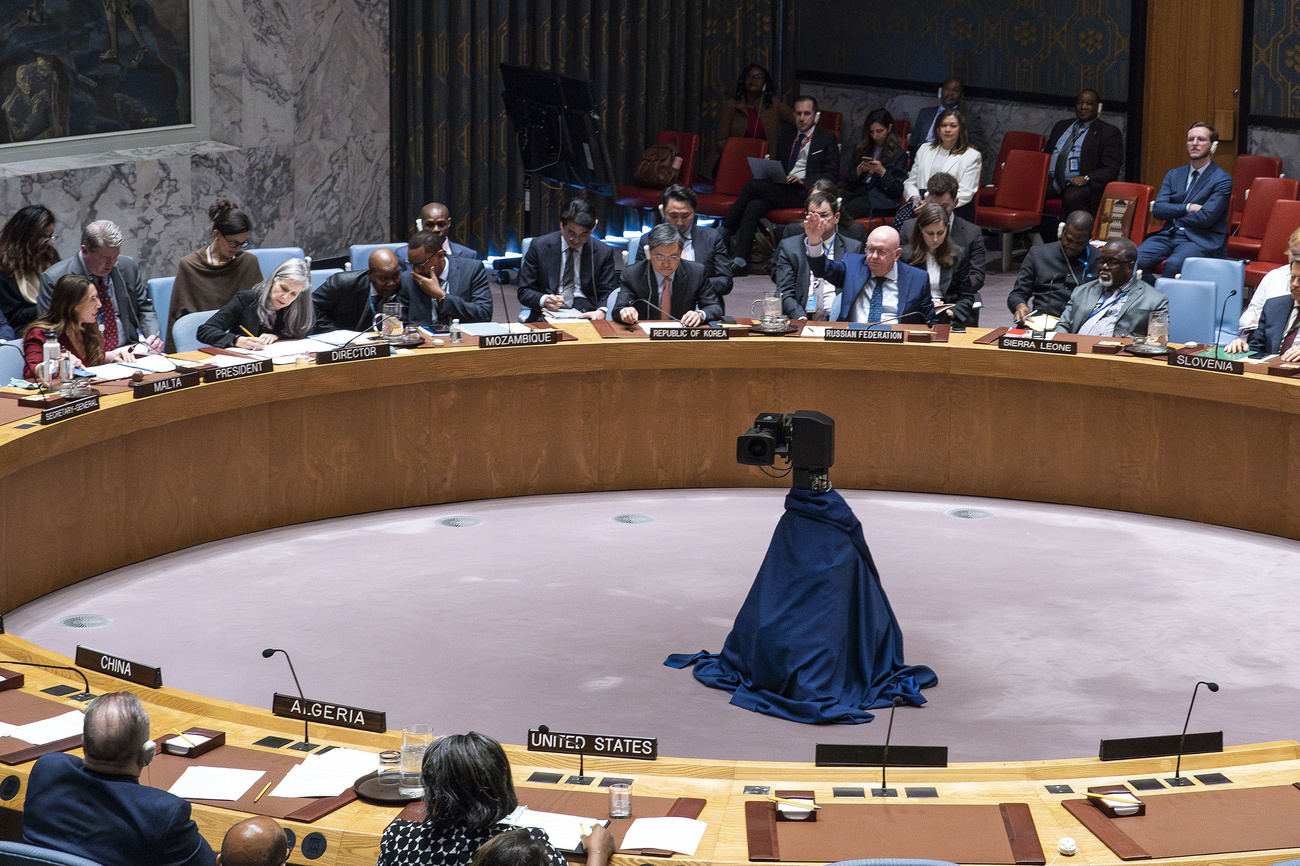
Soon to be a principal organ?
The Human Rights Council has limited resources compared to other UN bodies. And despite being one of the UN’s three pillars, along with peace and development, the human rights system as a whole receives only around 4% of the organisation’s budget.
On top of that, the UN is facing financial difficulties. Several countries, including the largest donor, the United States, failed to pay their contributions in full on time last year, causing a liquidity crisis. This led to a recruitment freeze, which affected the staff of the fact-finding mission on Sudan.
The Human Rights Council remains a subsidiary body. Consequently, its members will have to content themselves with seeking to reason, condemn and investigate, without any real power, while waiting for it to perhaps one day become a principal body, on a par with the Security Council or the Economic and Social Council.
A review process is underway for the period 2021-2026. As part of this, the General Assembly must decide whether to make the Human Rights Council a principal organ, but the chances are slim.
“For the moment, everything to do with UN reform is at a standstill. And no serious changes can be expected as long as permanent members of the Security Council are involved in conflicts,” says Kirchmeier.
Edited by Virginie Mangin/if/ts

In compliance with the JTI standards
More: SWI swissinfo.ch certified by the Journalism Trust Initiative
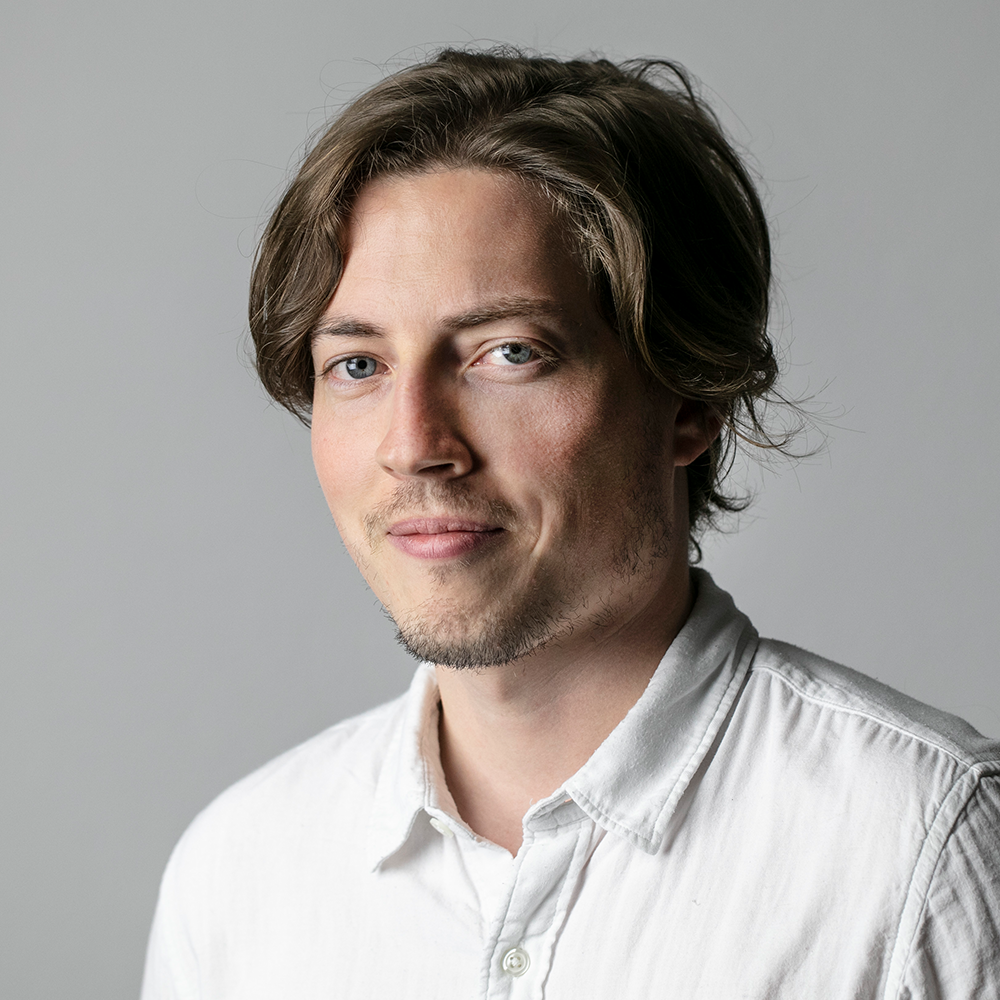
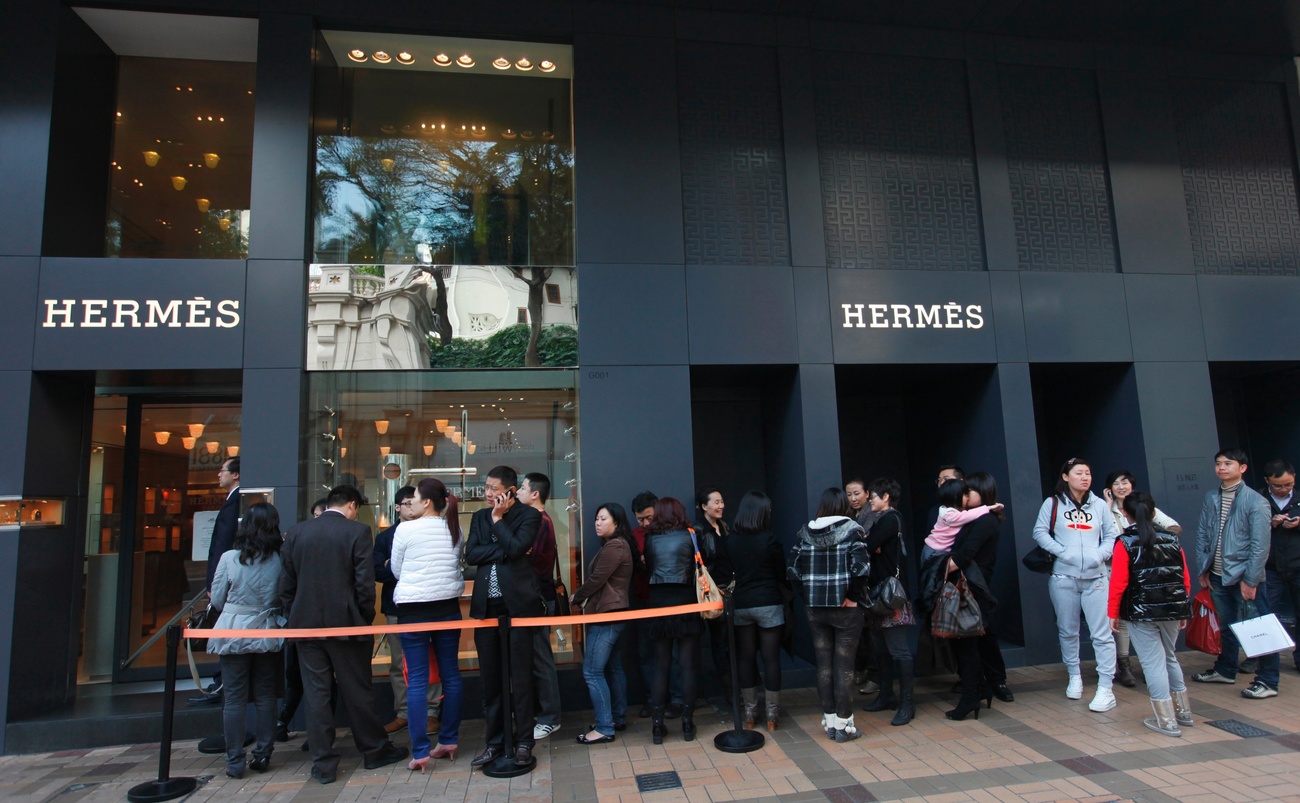
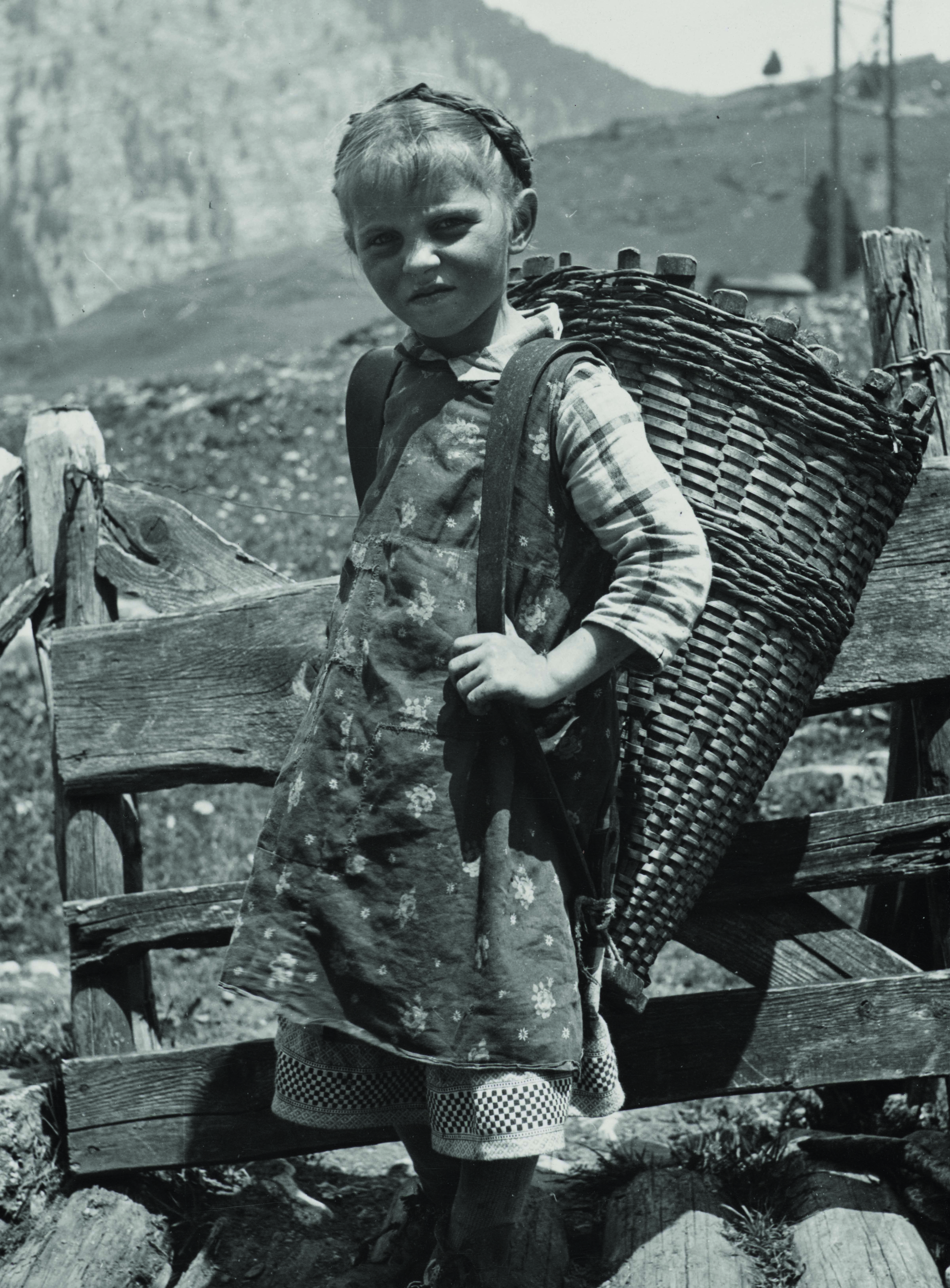


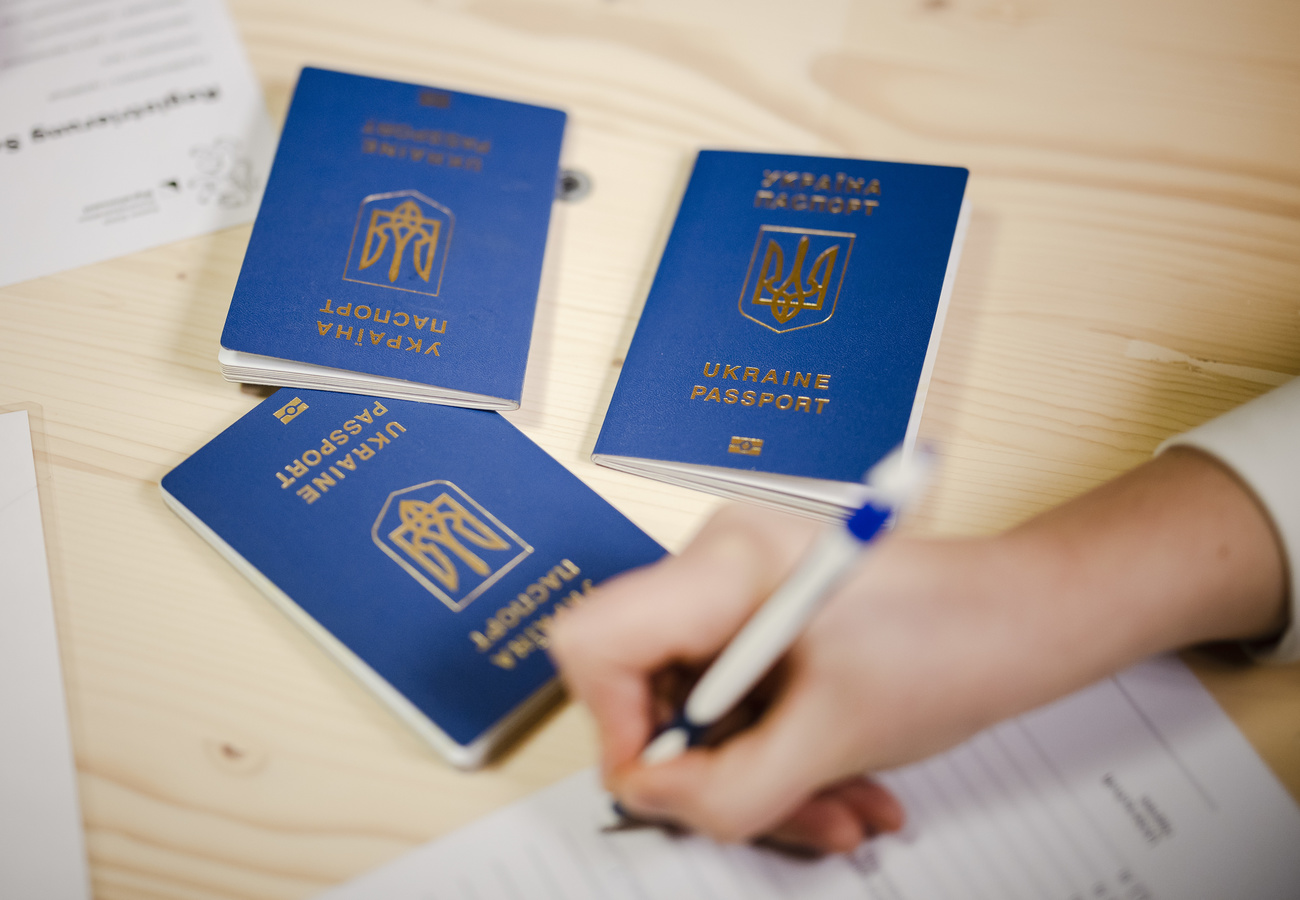
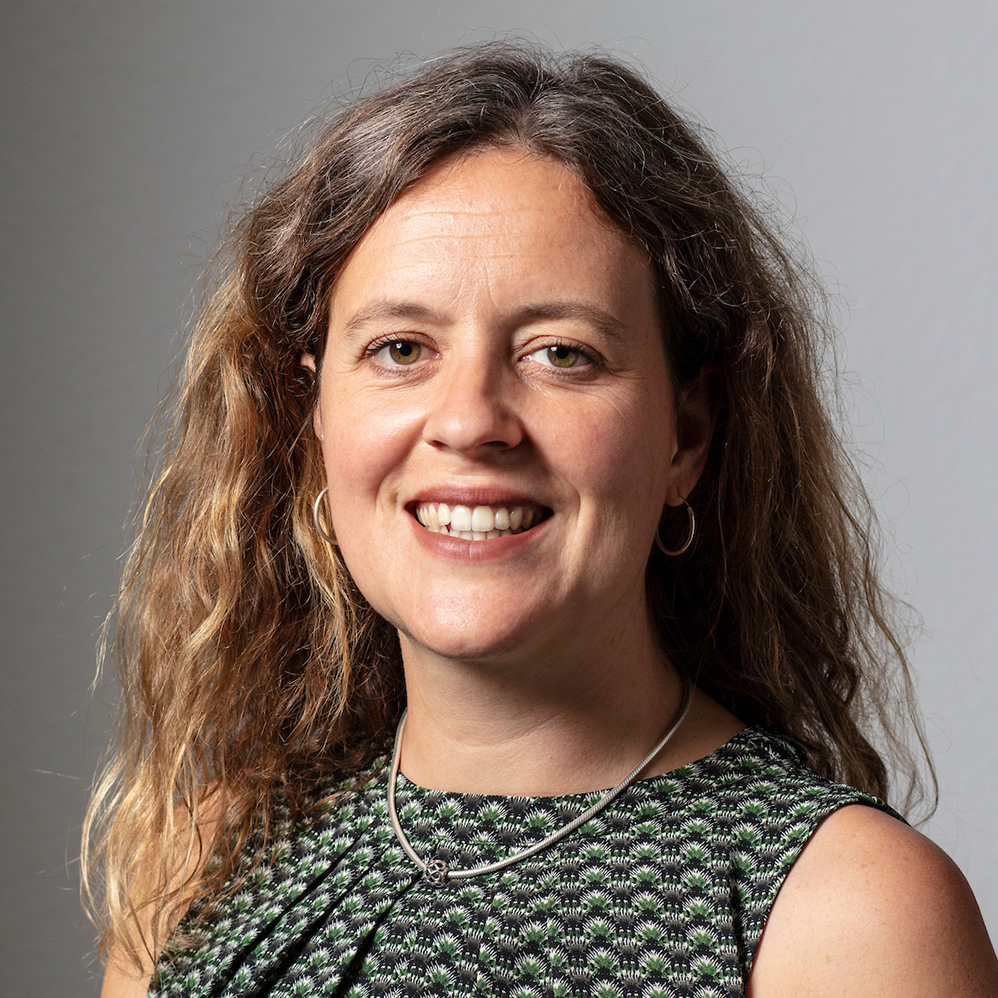
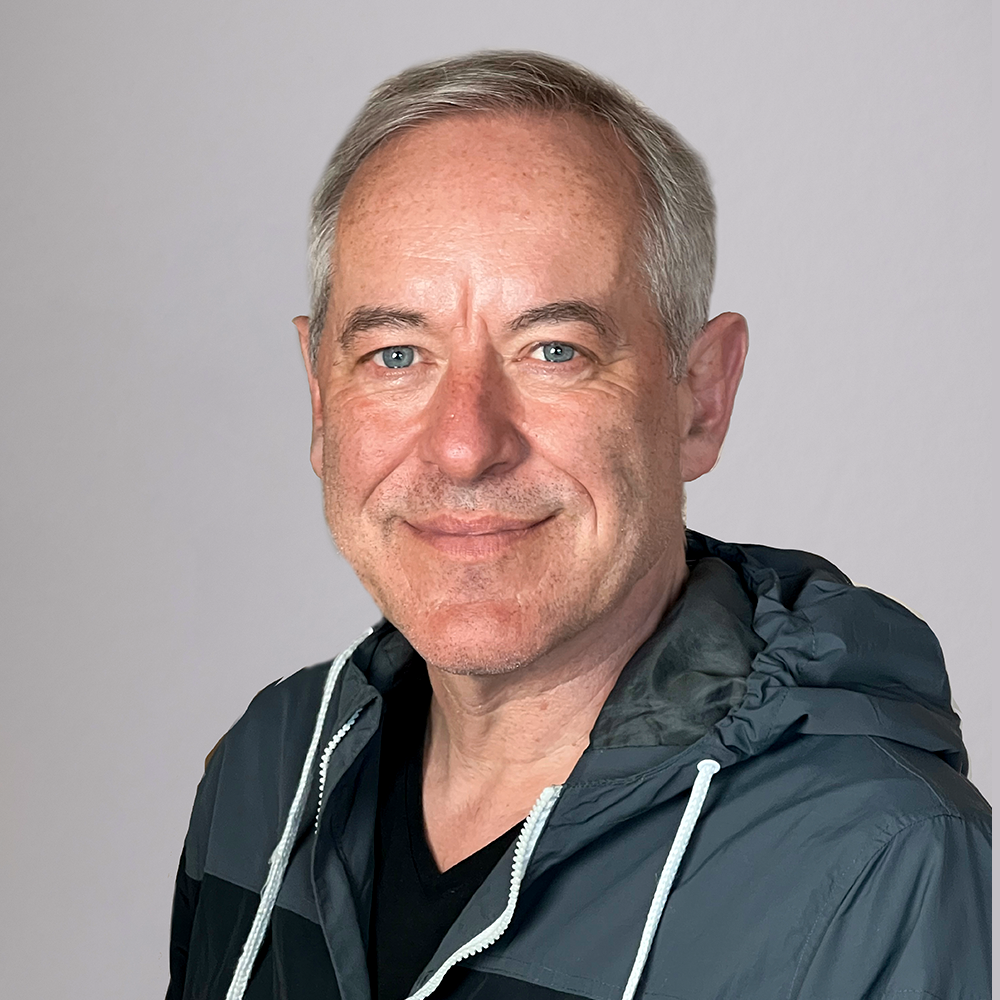

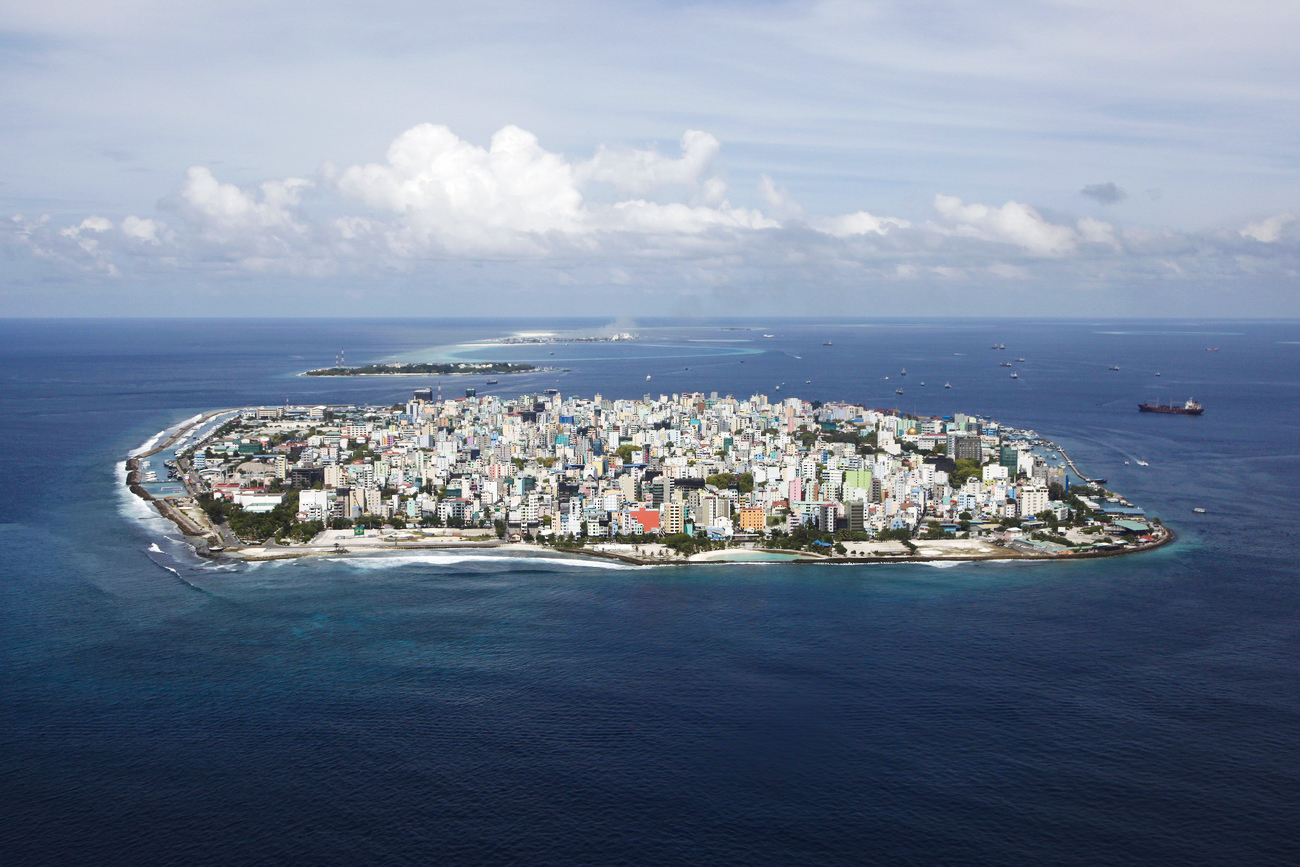
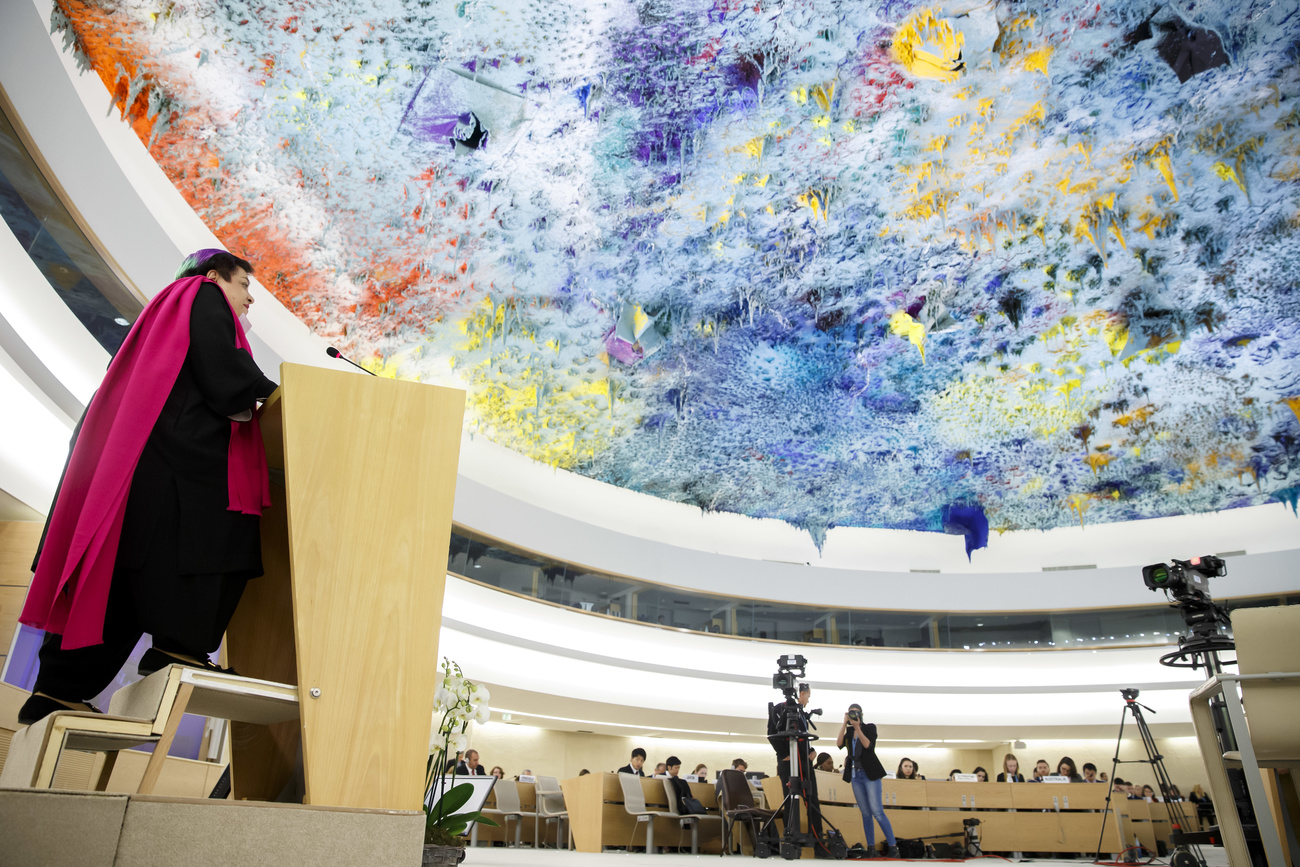
You can find an overview of ongoing debates with our journalists here . Please join us!
If you want to start a conversation about a topic raised in this article or want to report factual errors, email us at english@swissinfo.ch.